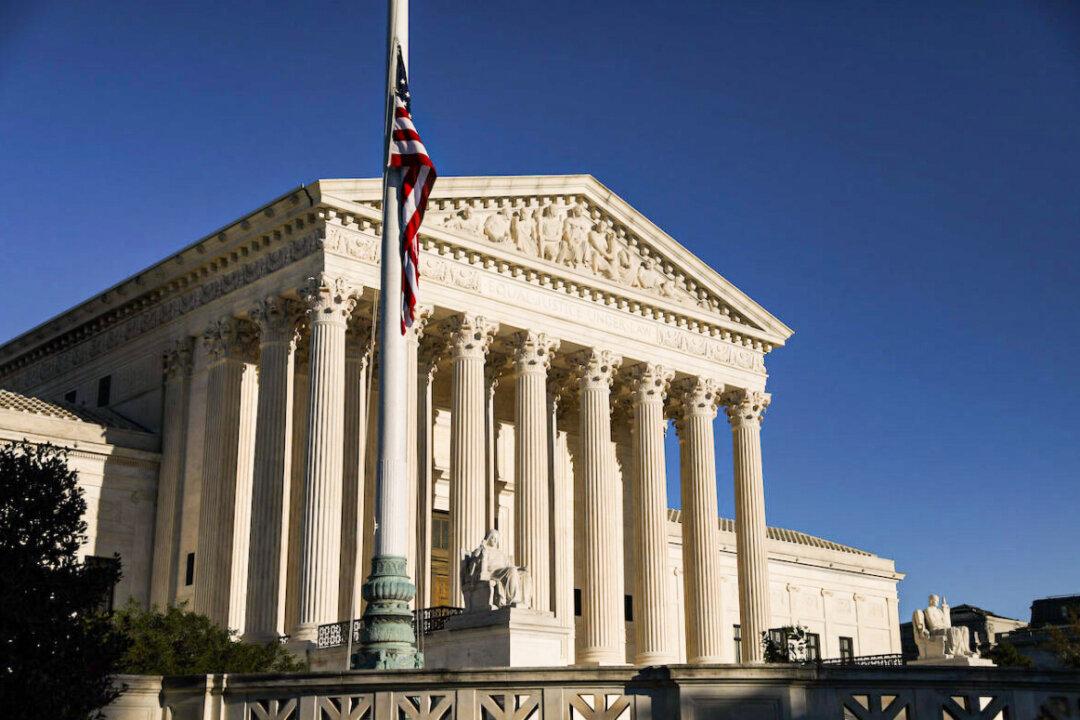A leaked majority draft opinion written by Supreme Court Justice Samuel Alito suggests the highest court in the land has decided to strike down Roe v. Wade, the seminal 1973 precedent that federalized abortion policy, overriding the states and making the procedure lawful throughout the entire United States.
The gist of Alito’s draft opinion is that, in 1973, the Supreme Court arrogated to itself the power to impose a nationwide rule governing abortion, ignoring the principles of federalism which would leave the issue in the hands of the states, where it had traditionally resided. Instead, Alito contends, a results-oriented high court ignored longstanding tradition and practice and invented the right to abortion in a poorly reasoned court decision, fashioning it out of whole cloth, while at the same time pretending it hadn’t done so.





